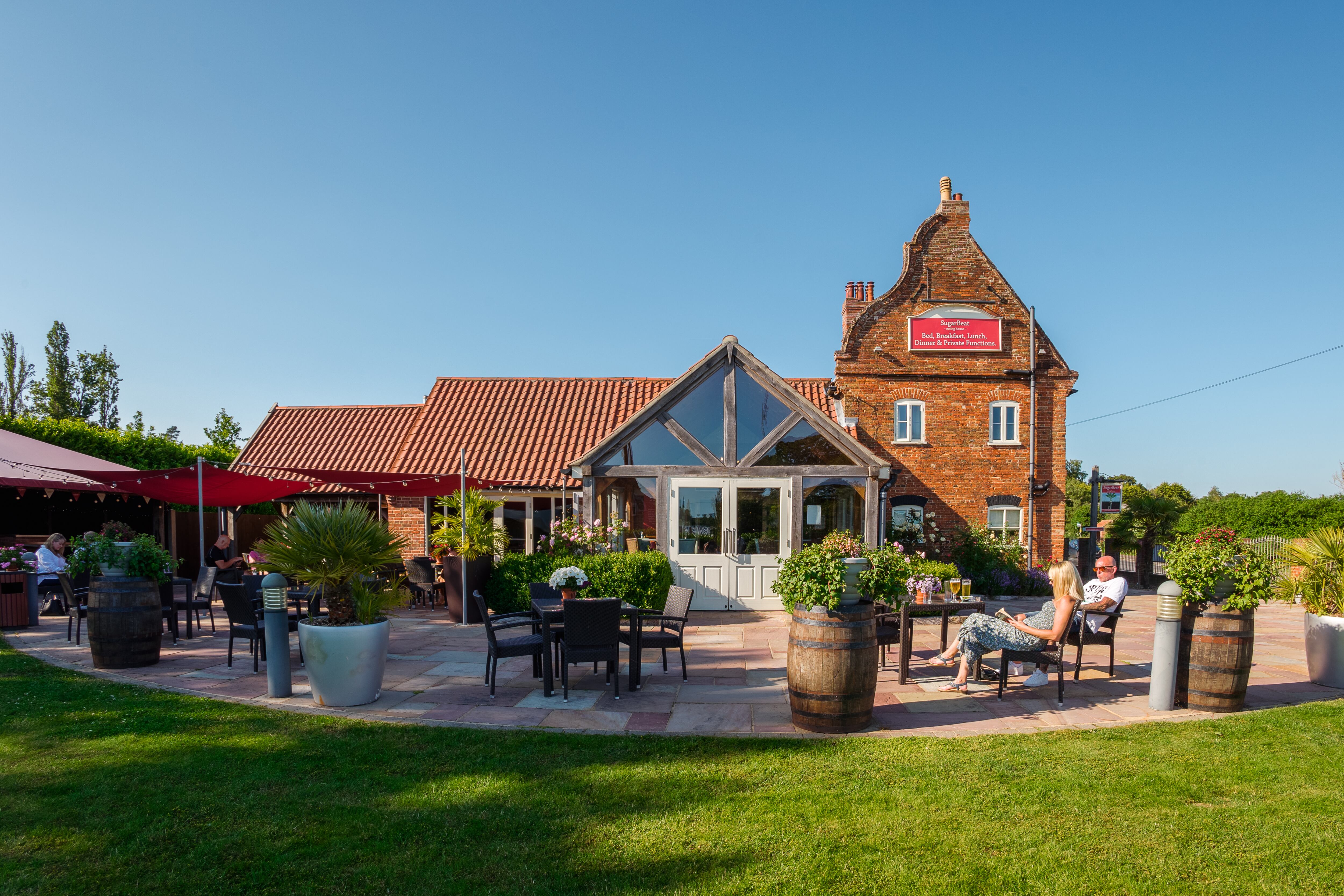Pouring a pint, cooking a pie, and taking an order all complete the act of providing service. Hospitality is everything on top of those actions that add colour to the customer experience.
The British pub is an institution built on hospitality. While our industry has grown and changed out of necessity, our need for hospitality has remained.
Service may have moved from the bar top to the dining table, but the personal interaction has survived.
When personal interaction took a necessary back seat following the pandemic, we started to see a change. In the mire of social distancing, service and hospitality looked towards automation through app orders and QR code menus.
Hospitality, with its colour, became a service in black and white. In the years since, some businesses have continued using the automated service model, but many haven’t.
April Employment Changes
Many have returned to the old-fashioned hospitality this industry was built on. But that may be about to change.
This April, the Government will implement unprecedented changes affecting the hospitality industry.
Changes to the minimum wage, employment laws and National Insurance mean businesses that are already struggling will see the cost of employing staff rise significantly.
An unexpected casualty may be hospitality. Several operators look to automation and AI interfaces to perform tasks previously considered key customer service touchpoints, like taking orders and answering the phone.
The rapid improvements in AI technology mean services that can replace human-based tasks are cheaper and more accessible.
In the kitchen, the fashionable term is ‘de-skilling’. If chefs are hard to find and expensive to pay, operators are looking for less skill-intensive ways to provide food offerings. Often, that will mean finding menu and ingredient alternatives where machine production can lower the cost to suppliers.
It should be noted that most operators turning to AI and automation are doing so to survive the times. But you only have to look back less than five years to see what the real cost of change might be.
The Cost of Automation
The death of hospitality at the hands of automation would be a significant change to the fabric of our society. Coming out of the pandemic, the country was anxious, angry, and lonely.
Human interactions, often in places like pubs and restaurants, gave us our lives back. The staff and operators in those establishments, unknowingly, served as a reminder of social norms and facilitators for repairing our social fabric.
The changes at this moment might appear small, but as technology rapidly improves, its adoption becomes more widespread.
If we were to give up hospitality for the promise of automation, the change could be irreversible, and the industry many of us once loved might cease to exist in its current iteration.
We can’t avoid technology altogether, nor should we. However, if operators look towards automation in the future, they should at least be aware of the potential costs.



